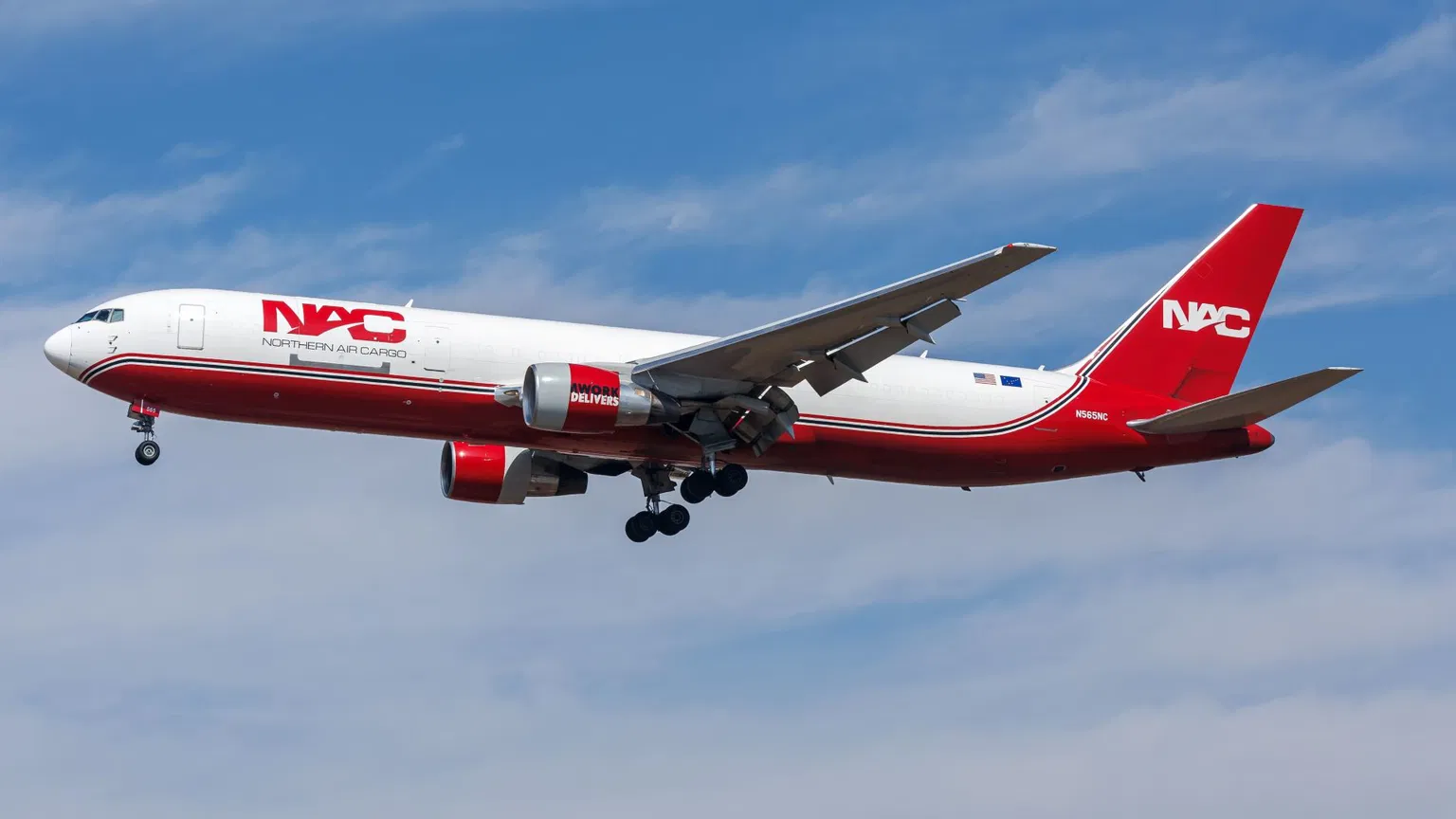Огляд ситуації
Northern Air Cargo is undergoing significant operational changes that reflect the shifting dynamics of the logistics industry. Their decision to cease long-haul operations with Boeing 767 freighters means a realignment of resources and a sharper focus on profitability, particularly in Alaska and Hawaii. This move has implications not just for the company, but for the wider logistics landscape.
Key Insights into the Operational Changes
- Route Reductions: The airline is discontinuing its long-haul routes, affecting major destinations like Miami and Honolulu.
- Workforce Adjustments: This transition involves redundancies and temporary lay-offs, as Northern Air Cargo reduces its staff to adapt to the new business model.
- Focus on Core Markets: The shift to concentrate on more profitable markets in Alaska and Hawaii comes as a response to declining cargo demand and growing competition.
- Shorter Route Operations: Northern Air Cargo will maintain operations of narrow-bodied freighters for its local short-haul services.
Деталі переходу
Based in Alaska, Northern Air Cargo is winding down its operations with Boeing 767 freighters to concentrate on more stable markets. The move is a strategic pivot aimed at shoring up their financial footing. The decision not only impacts their routes to the Caribbean and Latin America—previously served in conjunction with logistics partner StratAir—but it also results in the furloughing of over 40 pilots and the laying off of 30 employees in Miami. Such measures illustrate how corporate strategies can pivot dramatically in response to market pressures.
April Spurlock, Saltchuk’s director of marketing and communications, emphasised that the shift aims to enhance long-term stability and growth by focusing on the areas where Northern Air Cargo holds its strengths. As part of this strategy, they plan to end all Boeing 767 operations by October, particularly affecting daily services between Los Angeles and Honolulu.
The Wider Market Context
The backdrop for this transition is a notable slowdown in global air cargo demand. The growth rate has plummeted from double digits to around 3%, creating challenges for companies reliant on air freight. This decline is symptomatic of broader trends in the logistics sector, where declining consumer confidence and shifts in market policies are reshaping strategies. Northern Air Cargo’s decision highlights how local conditions can dictate corporate paths more than global patterns.
Financial Impacts
Over the past year, Northern Air Cargo has faced significant financial losses, reporting a 24% drop in cargo tonnage and a staggering 38% decline in revenue ton-miles. The decision to exit long-haul routes was in part a reflection of these troubling metrics, as the airline served fewer local markets—down seven from the previous year.
Focus on Local Operations
With the shift away from long-haul, Northern Air Cargo will concentrate on operating Boeing 737 freighters for local deliveries. This includes a service route for DHL Express in the theatres of Reno, Phoenix, and Los Angeles, and inter-island services in Hawaii, emphasising the essential nature of flexibility and adaptability in logistics operations.
Shifts in Partner Responsibilities
As part of Northern Air Cargo’s realignment, its logistical partner, StratAir, is adjusting its focus to provide import/export services from its warehouse near Miami International Airport. StratAir has also emphasised its strengths in ground handling services for cargo operators, particularly in key locations like Puerto Rico. This transition showcases how partnerships can evolve in the logistics industry to optimise for new business realities.
Implications for the Logistics Field
These decisions by Northern Air Cargo exemplify the ongoing transformations within the logistics sector, necessitated by economic pressures. The movement towards more localised service models can serve as a learning point for other logistics providers. As several other cargo carriers continue to seek ways to thrive amidst market contractions, Northern’s strategies of focusing on efficiency and core competencies could offer valuable insights.
Future Insights
The consolidation of services in local areas signals a possible trend across the air freight industry. With companies reassessing their operational scopes in response to fluctuating demand and competition, logistics providers must cultivate resilience and innovative strategies to ensure long-term sustainability.
Висновок
In summary, Northern Air Cargo’s recent operational pivots signify more than just a corporate restructuring; they serve as a microcosm of the broader dynamics at play in the global logistics sector today. Companies like GetTransport.com provide an essential service, offering affordable and reliable transport solutions across the globe. With versatile offerings that cover office and home moves, bulky item transportation, and more, it empowers businesses and individuals to adapt to changing logistics landscapes effectively.
Ultimately, whilst reviews and feedback can offer insights, there’s no substitute for personal experience. The variety of services on GetTransport.com ensures that every user can choose a reliable solution tailored to their specific needs, helping them save time and money while navigating the complex world of logistics. Start planning your next delivery and secure your cargo with GetTransport.com.

 Northern Air Cargo’s Transition from Long-Haul to Local Operations">
Northern Air Cargo’s Transition from Long-Haul to Local Operations">